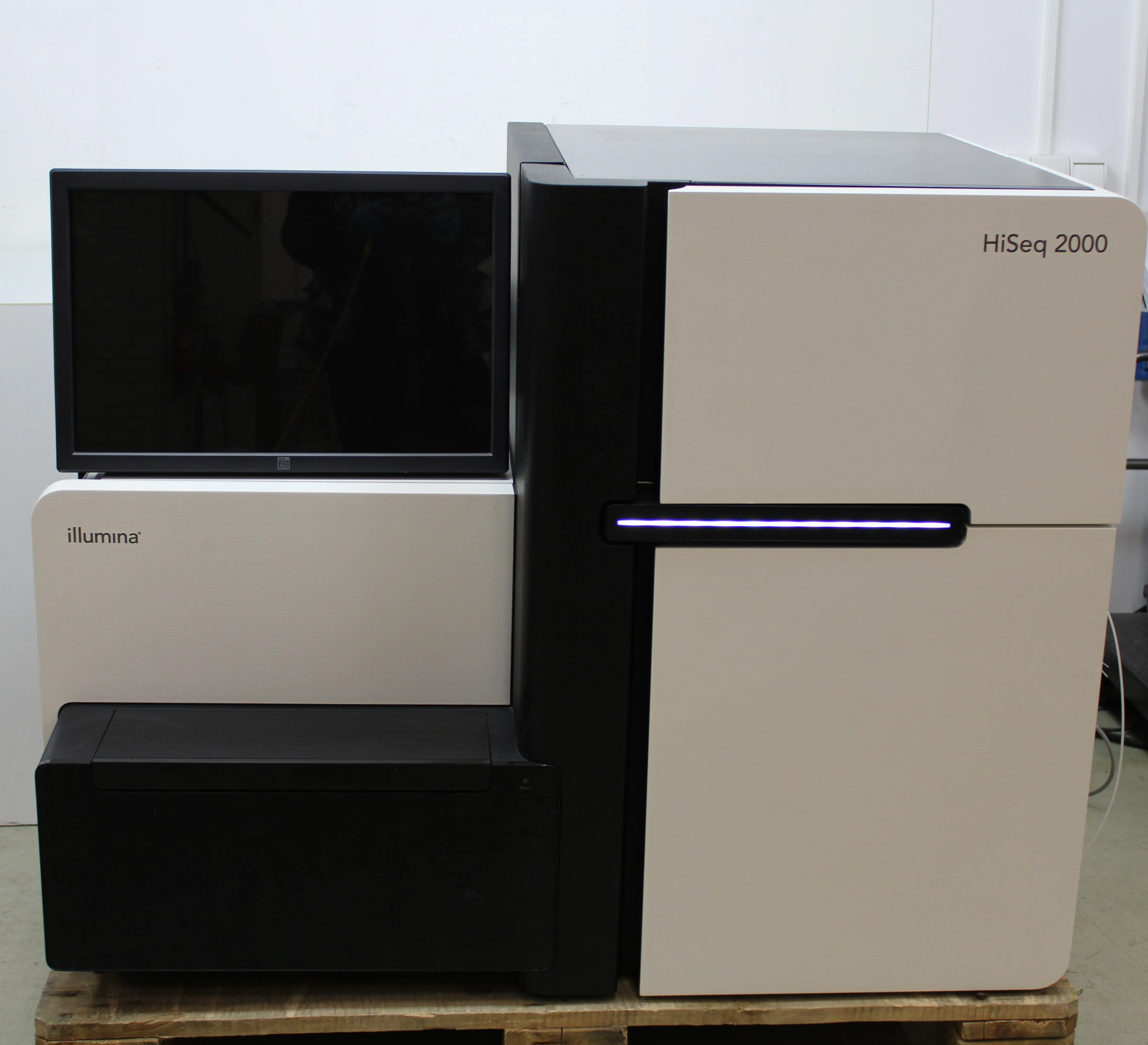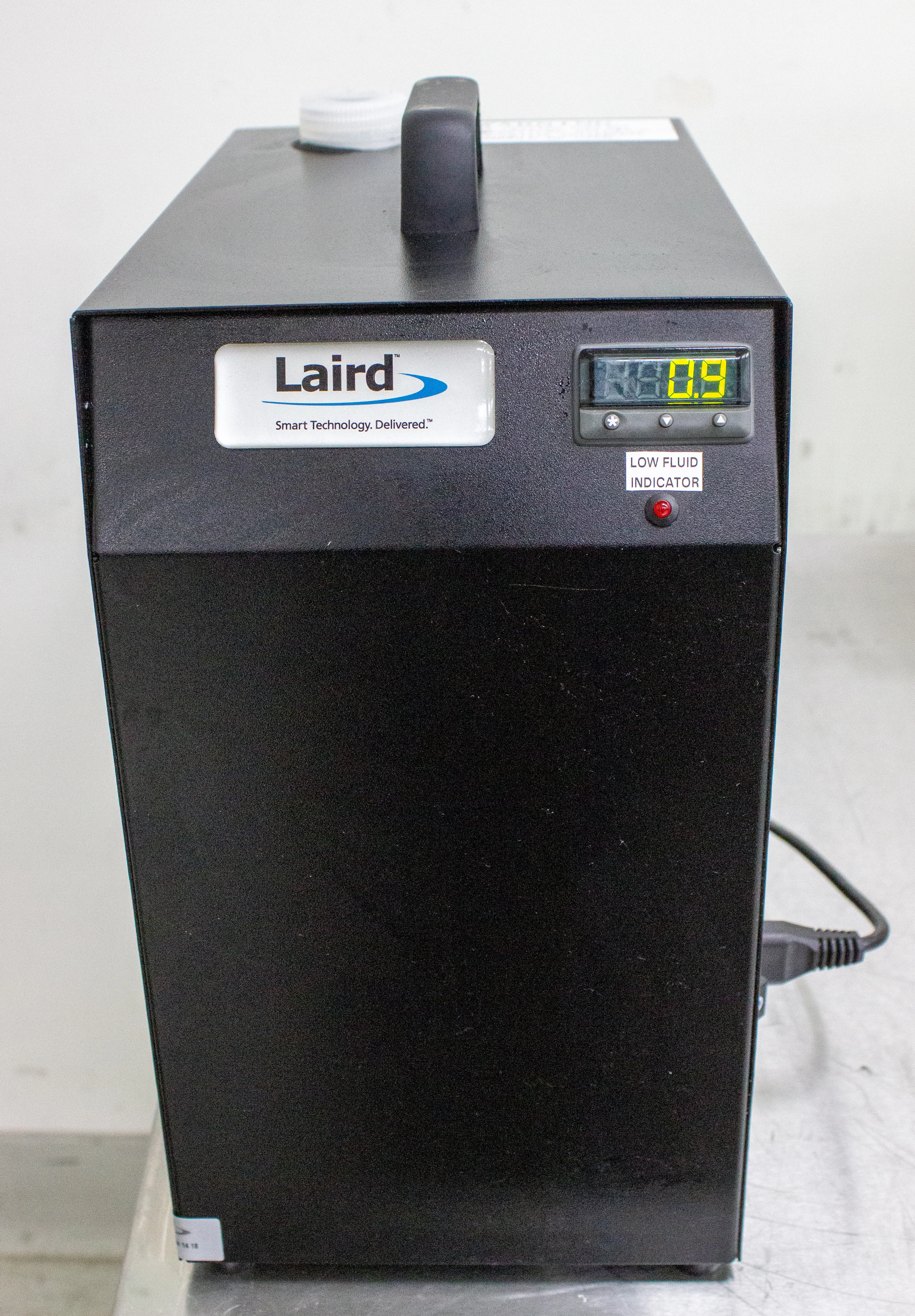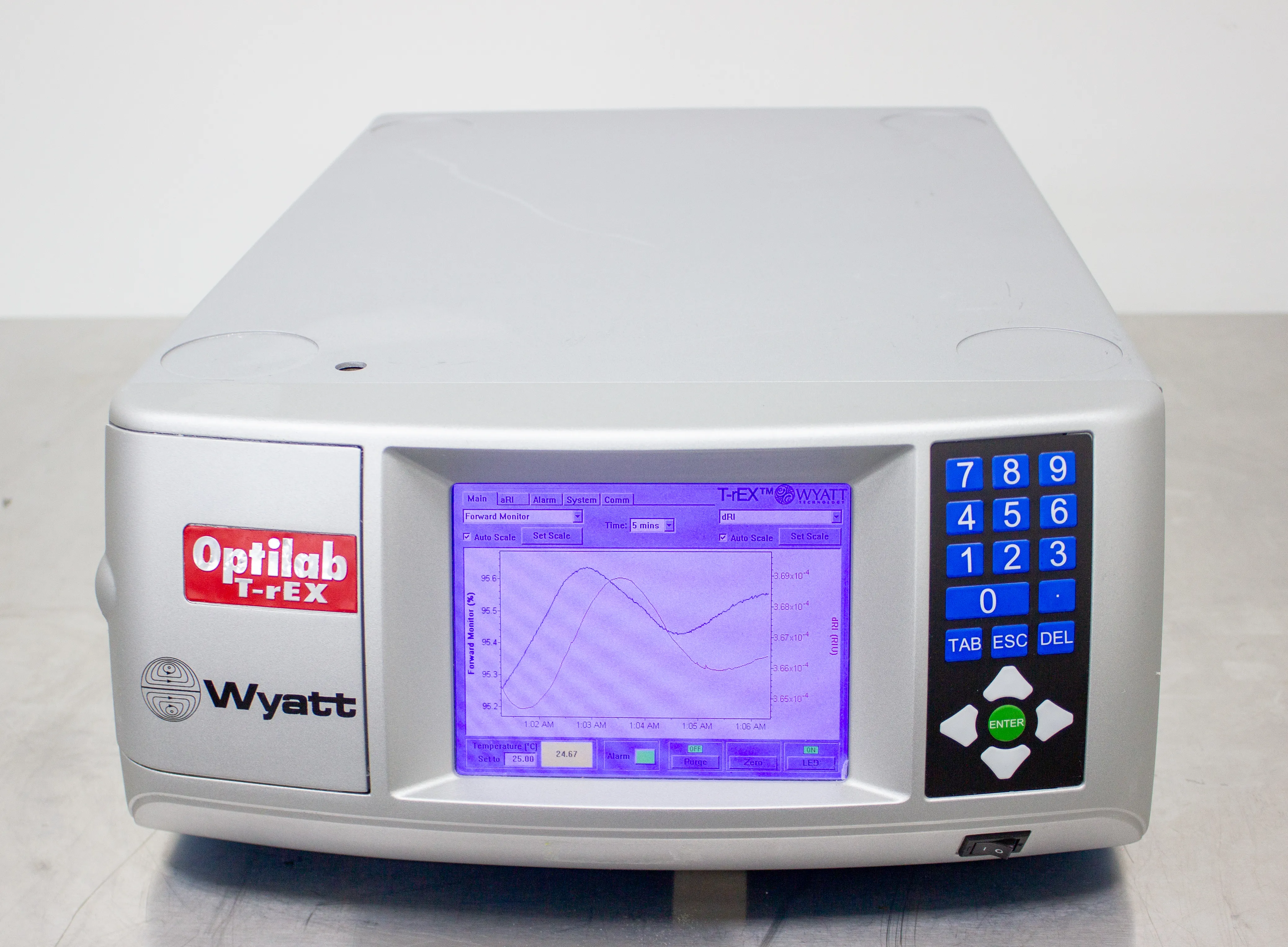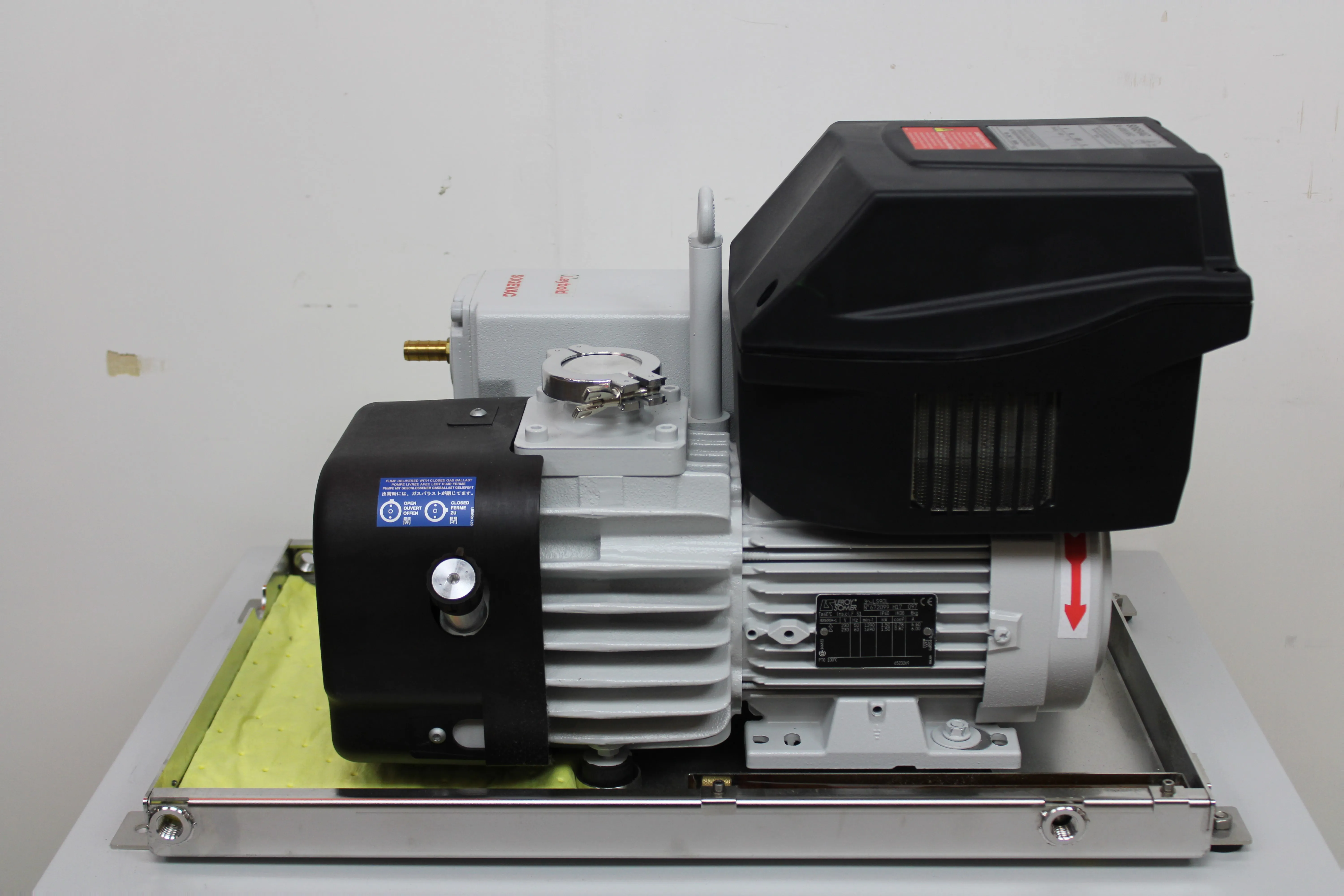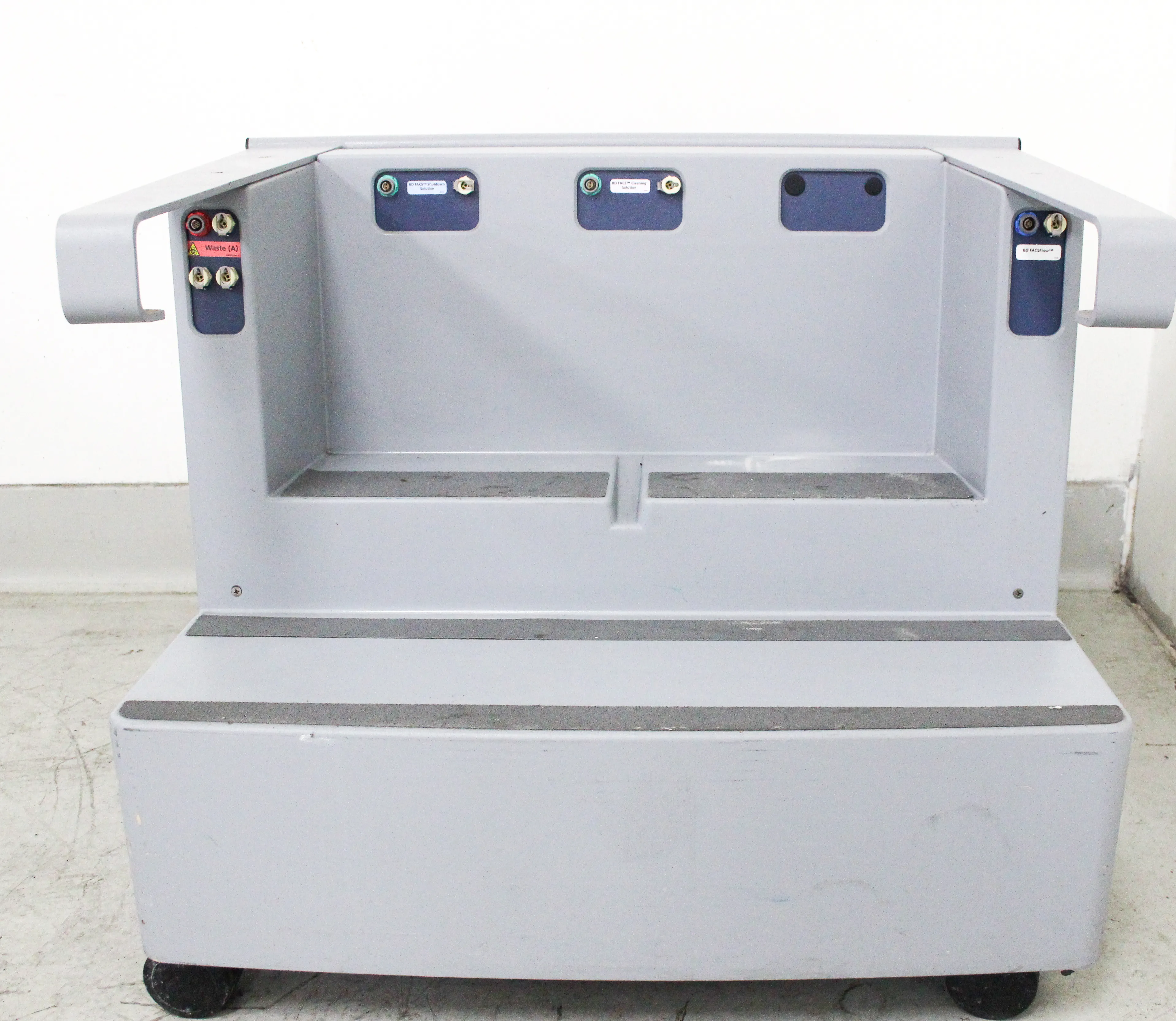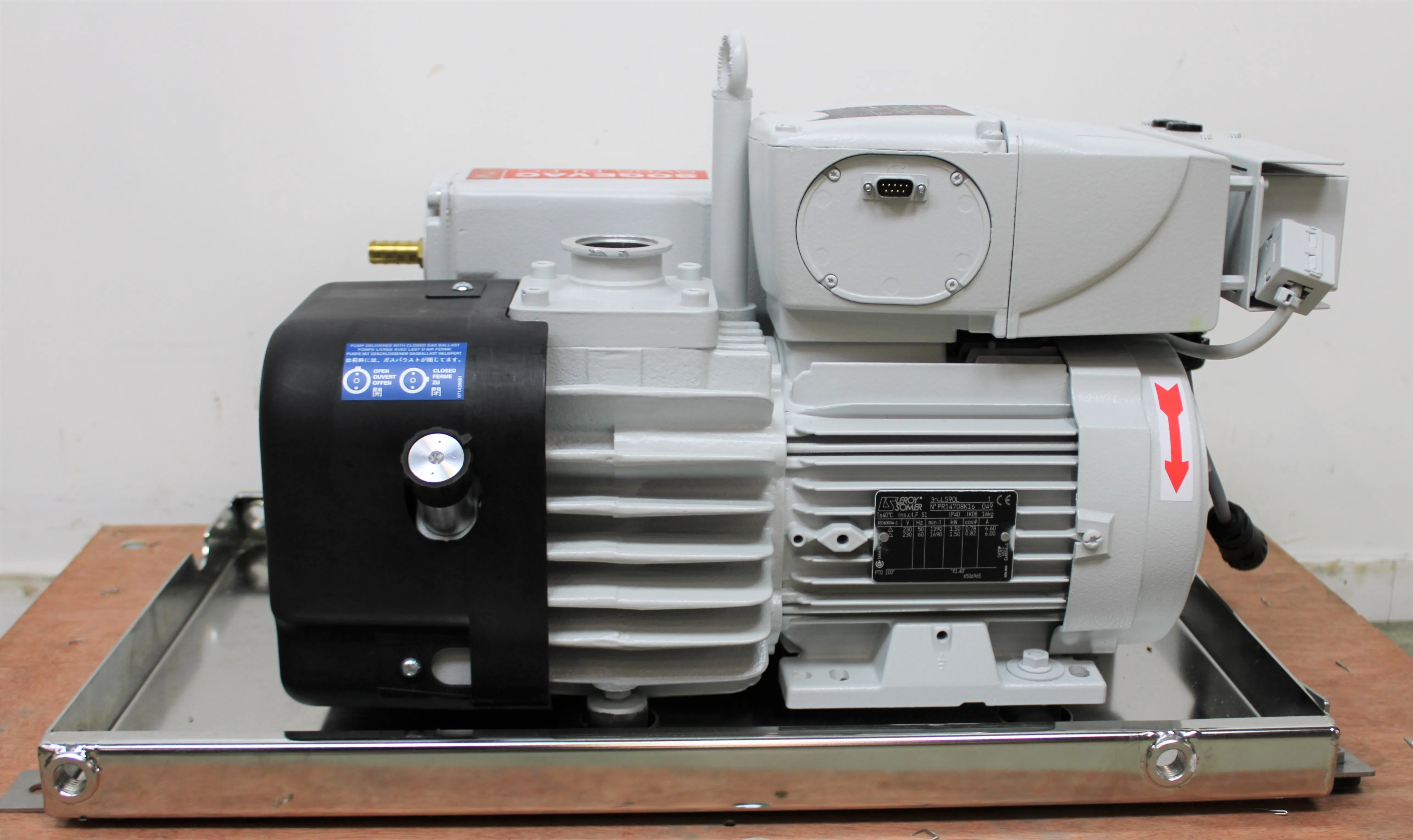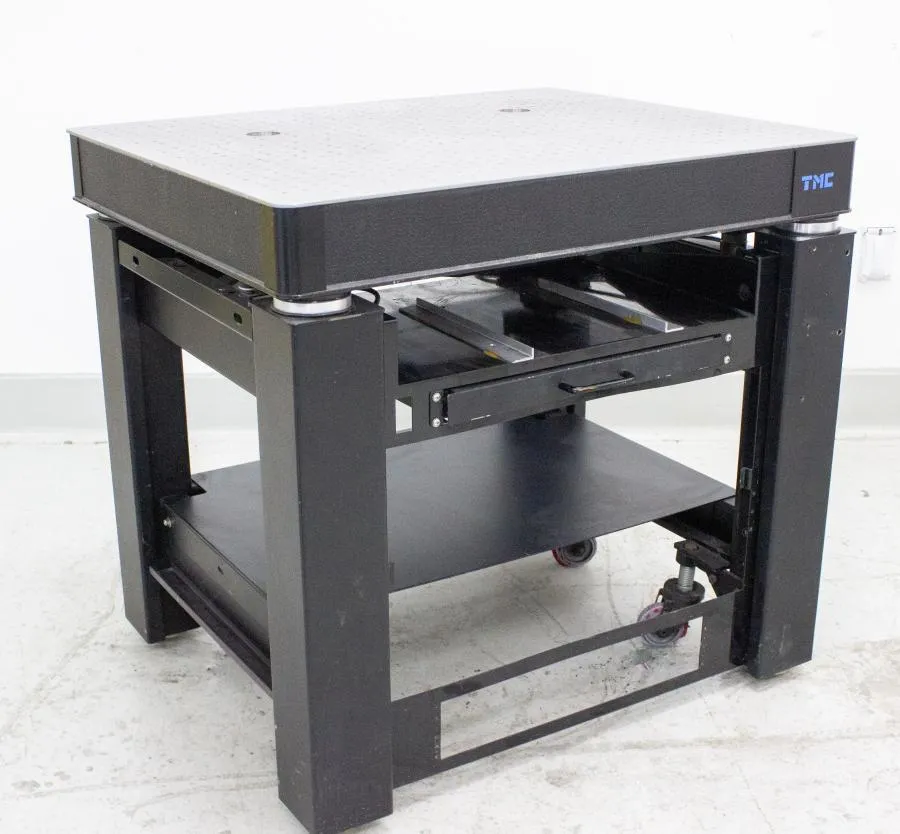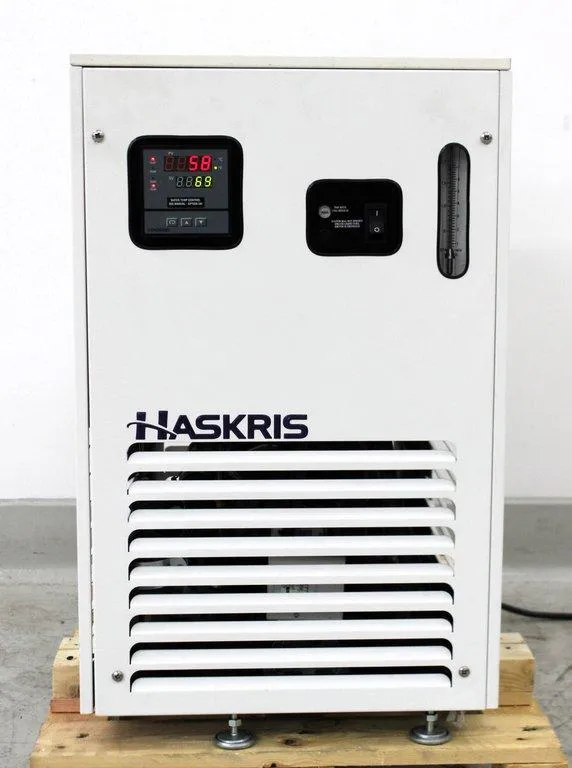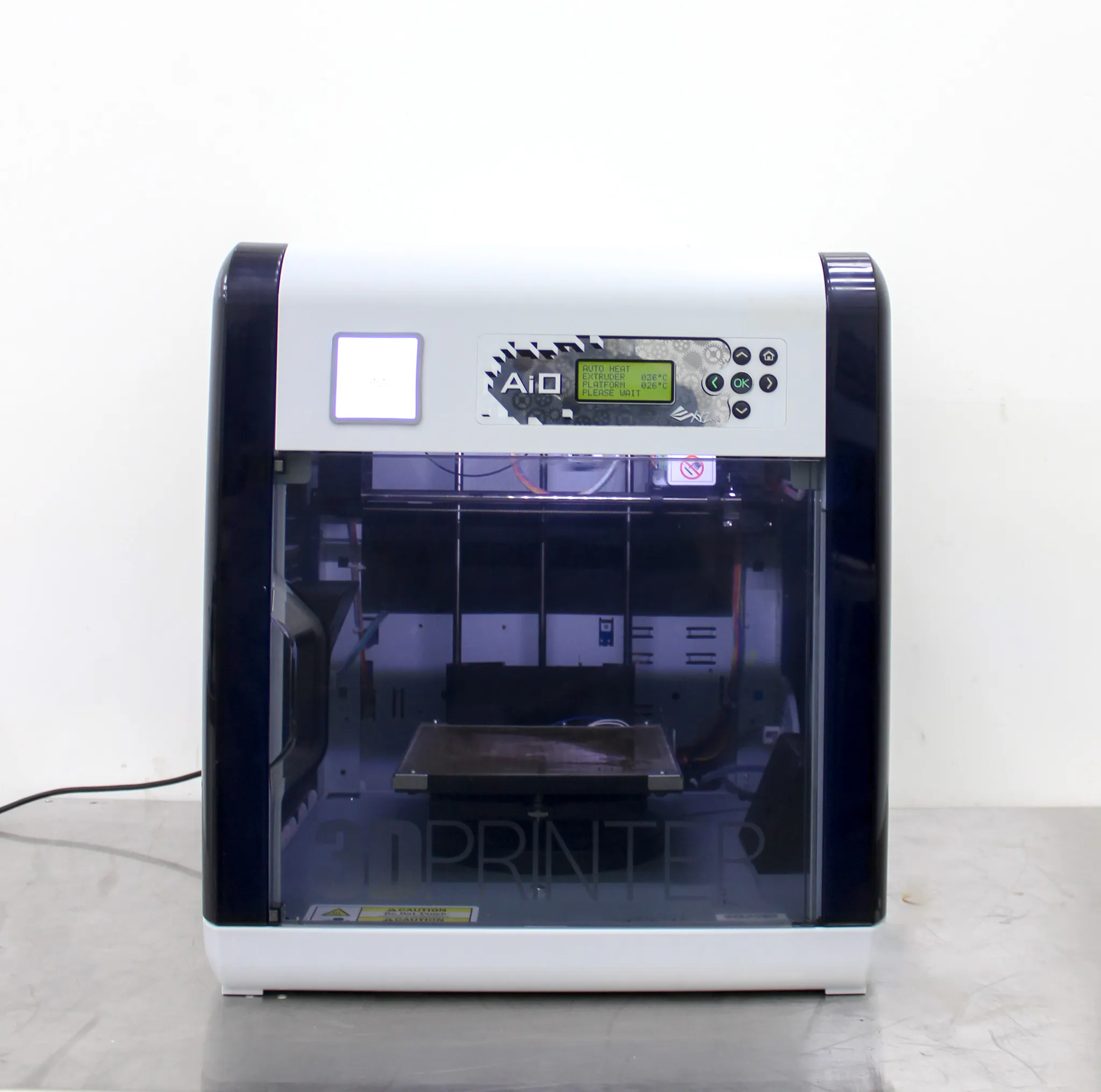Laser Systems are versatile tools used in various applications, including cutting, engraving, marking, and analysis in industries such as manufacturing, healthcare, and research. These systems utilize focused light beams to achieve precise results across multiple materials.
From industrial lasers to laboratory setups, a wide range of options is available to meet your specific needs. Explore new and used laser systems from trusted manufacturers to find the ideal solution for your applications.
